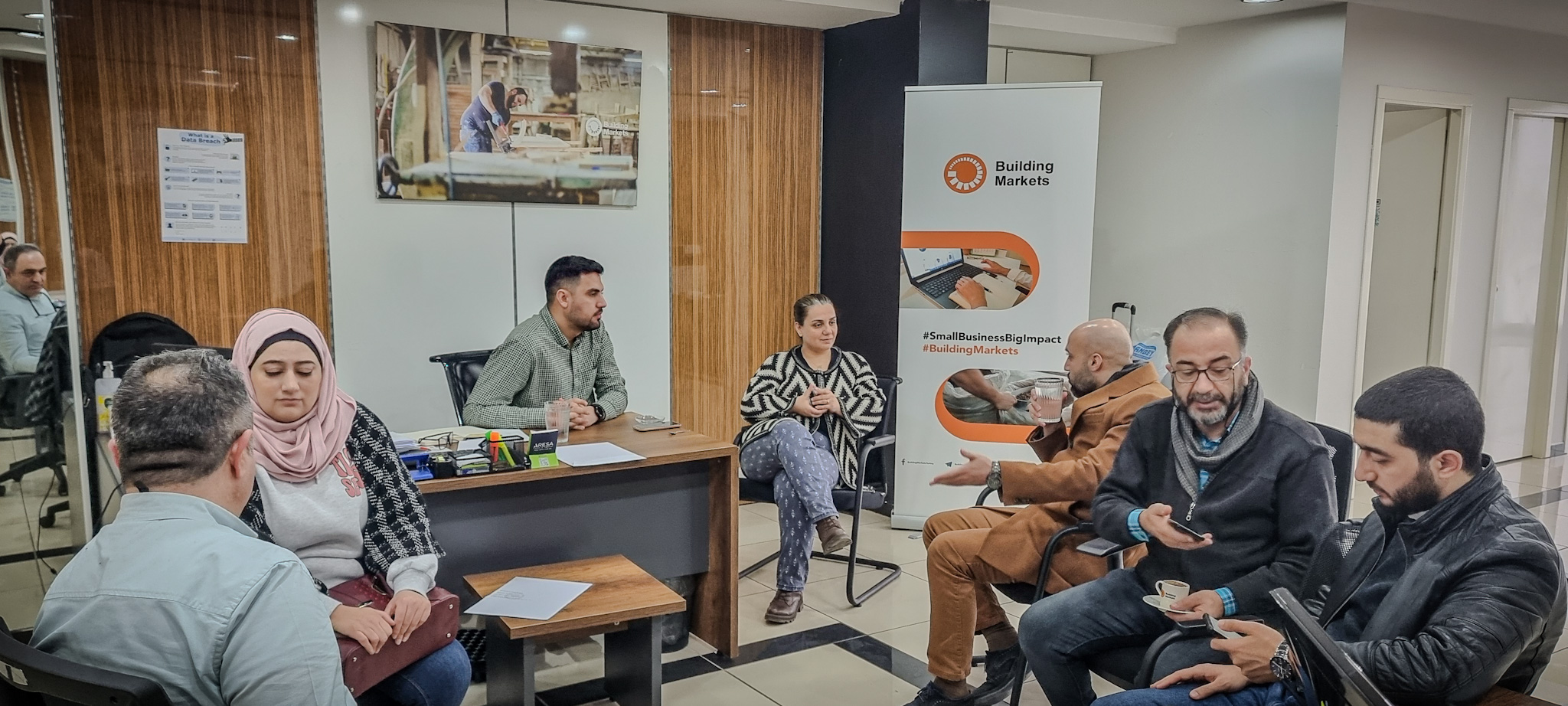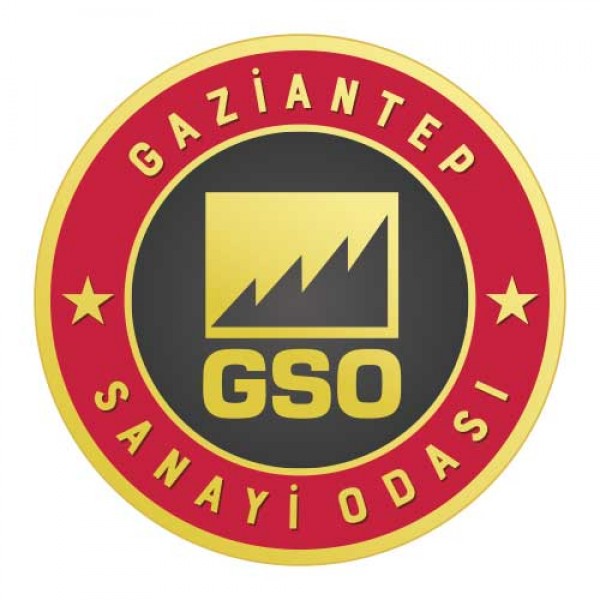Refugee Business Development and Regional Markets in a Humanitarian Setting in Turkey

Funded by IPA’s Peace and Recovery Program and in partnership with Building Markets and Gaziantep Chamber of Commerce, researchers used census survey data to explore the entrepreneurial dynamics, sectoral distribution, and export behaviors of Turkish- and Syrian refugee-owned firms in Gaziantep, Turkey. Findings revealed a predominance of micro-sized businesses and significant export involvement among Syrian refugee-owned firms.
Responses to humanitarian crises such as the Syrian refugee crisis often focus on aid that targets immediate vulnerabilities. While this approach provides crucial short-term relief, access to sustainable livelihood opportunities is necessary for refugees to achieve autonomy.1 Syrian refugees have founded over ten thousand small and medium enterprises in Turkey, the majority of which are engaged in wholesale and retail trade.2
Researchers conducted a census survey of Gaziantep businesses to map and assess the business landscape of Turkish and Syrian refugee-owned firms. To do this, they used administrative data from the local Chamber of Commerce, focusing on the manufacturing and wholesale sectors. Researchers surveyed 629 Turkish and 576 Syrian firms, including 11 percent of surveyed Syrian-owned firms identifying as unregistered informal businesses.
Firms were concentrated in two districts in Gaziantep, with Syrian firms notably clustered in Tekstilkent, a textile manufacturing hub. Syrian enterprises, newer than their Turkish counterparts on average, were predominantly involved in textile and shoe manufacture, as well as the food and beverage and machinery sectors. While both groups mainly exported textiles and footwear, Turkish companies diversified more in products and export destinations. Both groups primarily exported to Iraq and elsewhere in the Middle East and North Africa region; however, Syrian firms more frequently exported to Syria, Libya, and Algeria, while Turkish firms had stronger ties to firms in Iran and Russia.
By the end of 2024, researchers will launch a full impact evaluation drawing on these insights to explore whether and how reducing networking barriers between Syrian refugee and Turkish business owners through a program offered by the NGO Building Markets could enhance economic activity.
Sources
1. Betts, Alexander, and Paul Collier. "Refuge." Transforming a Broken Refugee System; Allen Lane: London, UK (2017).
2. Building Markets, "Turkish-Syrian Business Partnerships, Part II," 2020.
Implementing Partners














